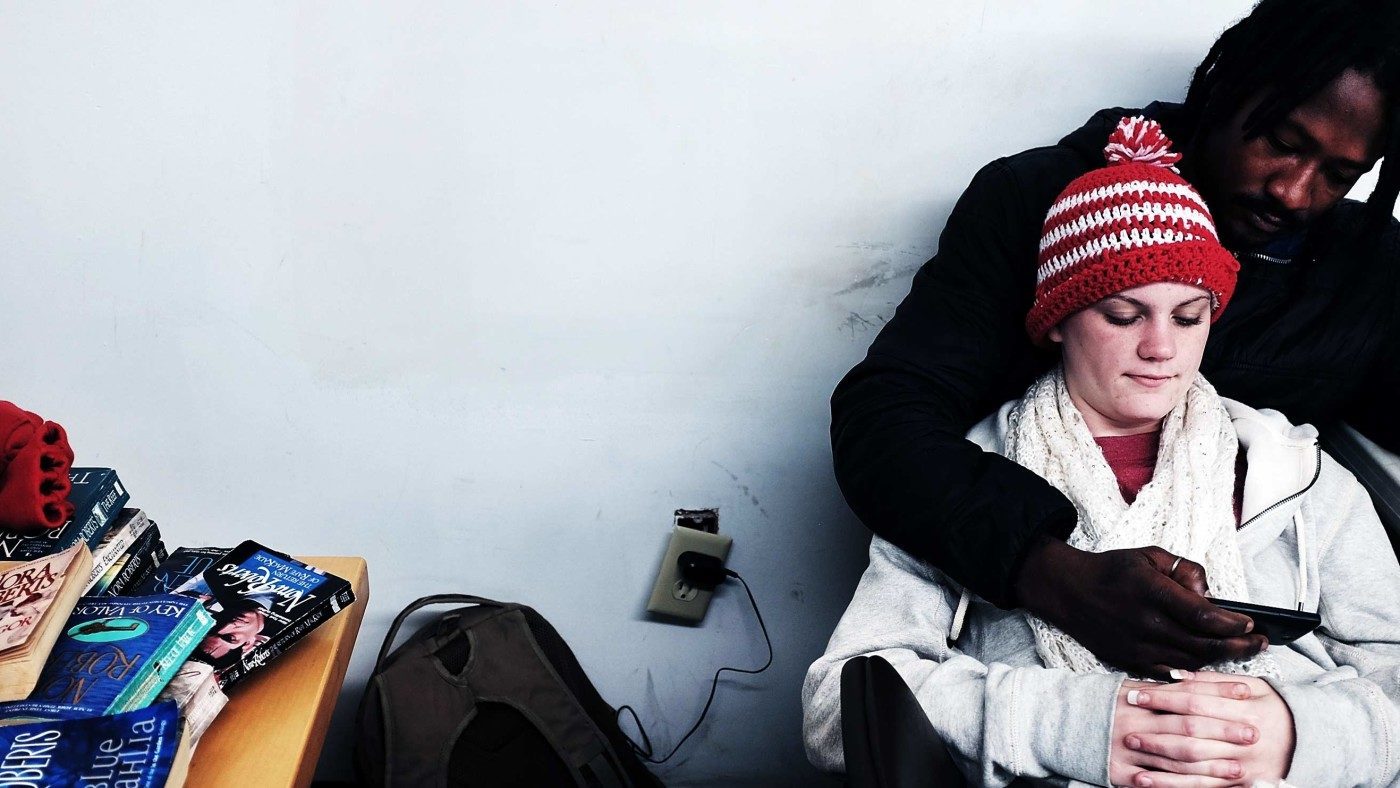A subject that hasn’t come up nearly enough during the presidential campaign thus far is economic mobility. Marco Rubio talks about his family’s rise from humble circumstances to his run for the presidency and Hillary Clinton wants to help the middle class, certainly. But the reason we may not hear enough about solving poverty and raising more people into a higher tax bracket is that the change with the biggest impact on poverty may not be something any president or the government can make.
The mostly liberal Brookings Institution has a rundown of 15 measures of economic mobility and minority groups in the US and the news is pretty awful if you are African American. For everyone else things are improving, if slowly.
Richard V. Reeves and Edward Rodrigue chart the problem of how so many poor African Americans stay that way. “Upward mobility from the bottom of the income distribution is much less likely for black than white Americans: 51% of the black Americans born into the lowest fifth of the earnings distribution remain there at age 40,” they write. And Reeves’ research shows the opportunity gap isn’t going anywhere either. “It is not easy being poor in America, whatever one’s color or ethnicity. But the economic challenges for black Americans are even steeper. The latest numbers show that the race gap is not going away on its own or as a result of general economic or social trends. It has to be tackled head-on.”
There is also recent research showing that mobility has a lot to do with where in the US you live. “Economic mobility varies dramatically across US cities,” explain researchers Raj Chetty, Nathaniel Hendren, Patrick Kline, Emmanuel Saez. “Some have upward-income mobility comparable to the most mobile countries in the world. Others have rates below that of any developed country. These geographical differences are correlated with five factors: segregation, income inequality, local school quality, social capital, and family structure,” the authors conclude.
It is the family structure though that is most meaningful. The potential to escape poverty is least available to those born into single-parent families.
“When marriage is weak within a community, there are negative externalities that seem to flow from that,” says W. Bradford Wilcox, a sociologist and director of the University of Virginia’s Marriage Project. “So we know that crime is higher in communities with fewer married fathers, we know that parents are less involved in schools, we know that the ability is lower to support kids.”
Rubio and Jeb Bush both have spoken out about the importance of marriage, with Bush declaring that a “loving family taking care of their children in a traditional marriage will create the chance to break out of poverty far better, far better than any of the government programs that we can create.”
The question is how to make the case for marriage and shifting the culture on this topic, when too often we default to finding a government, top-down solution to so many societal problems. Will anyone vote for the candidate who says he can’t really provide a quick fix?


